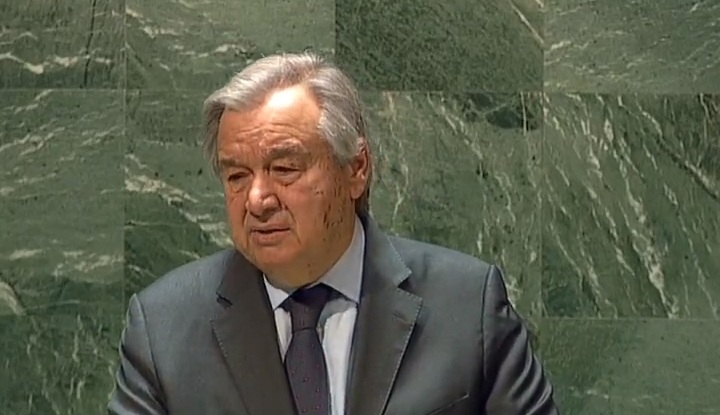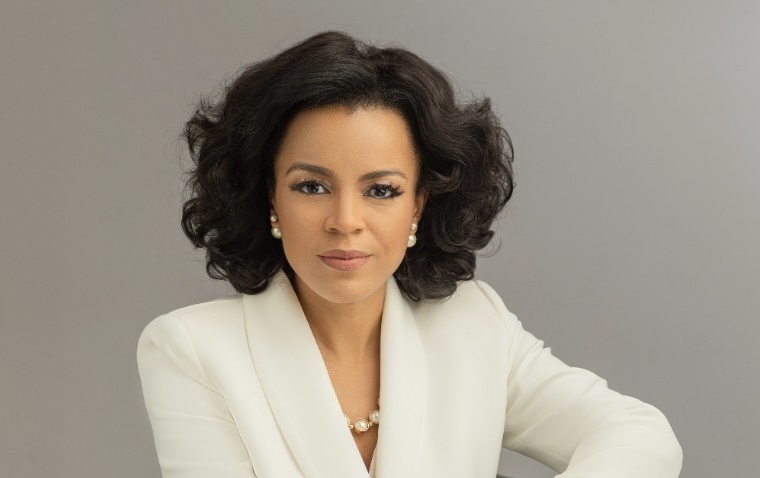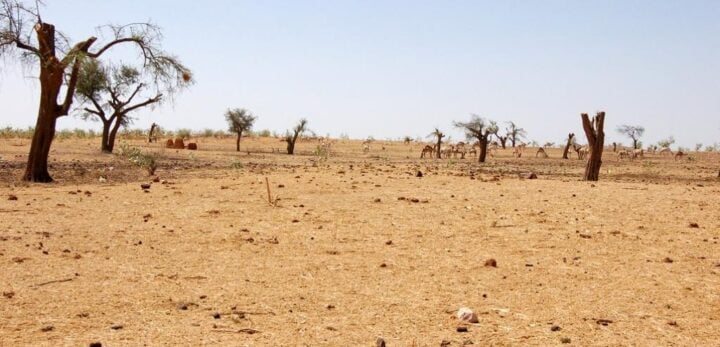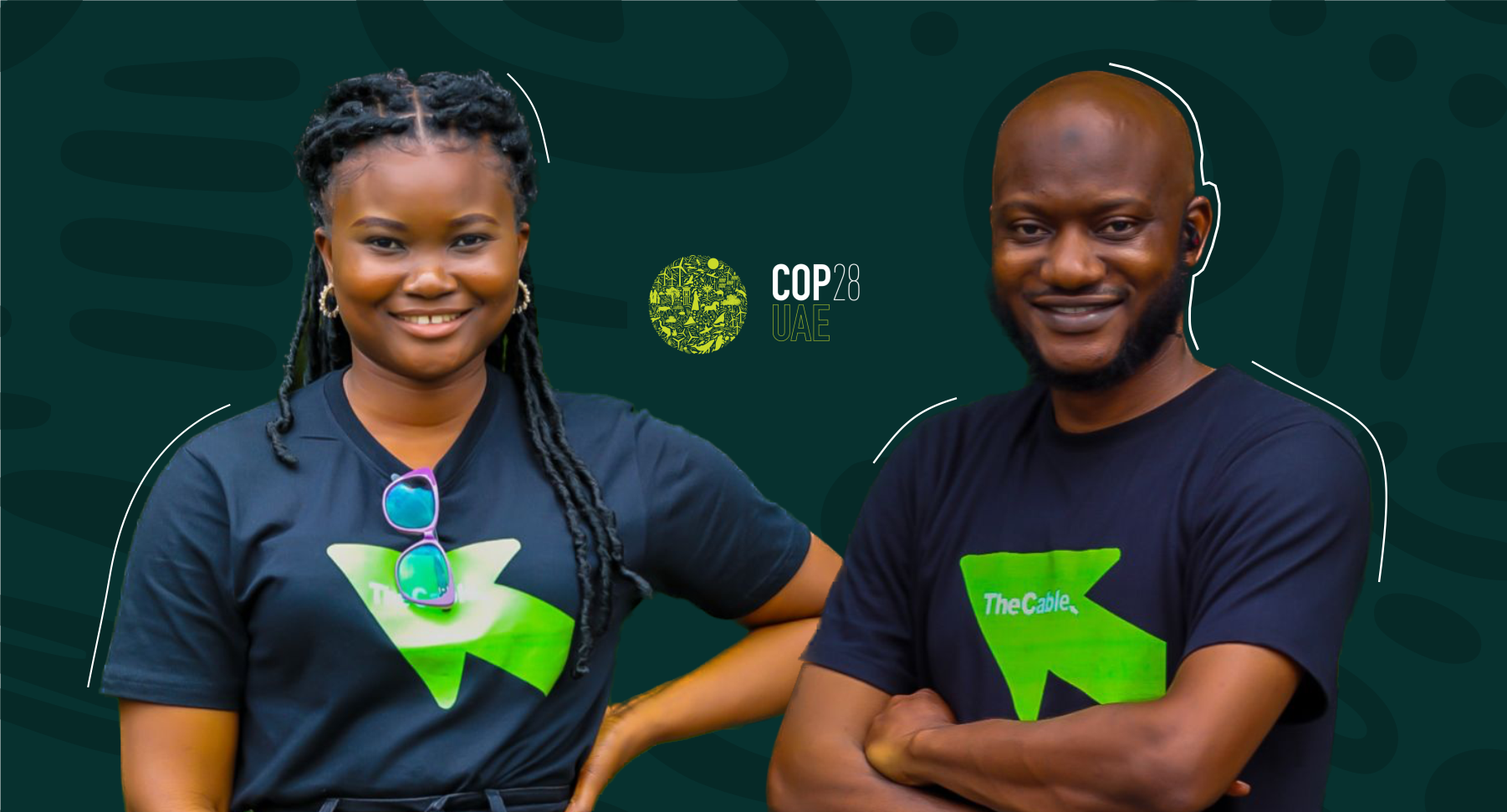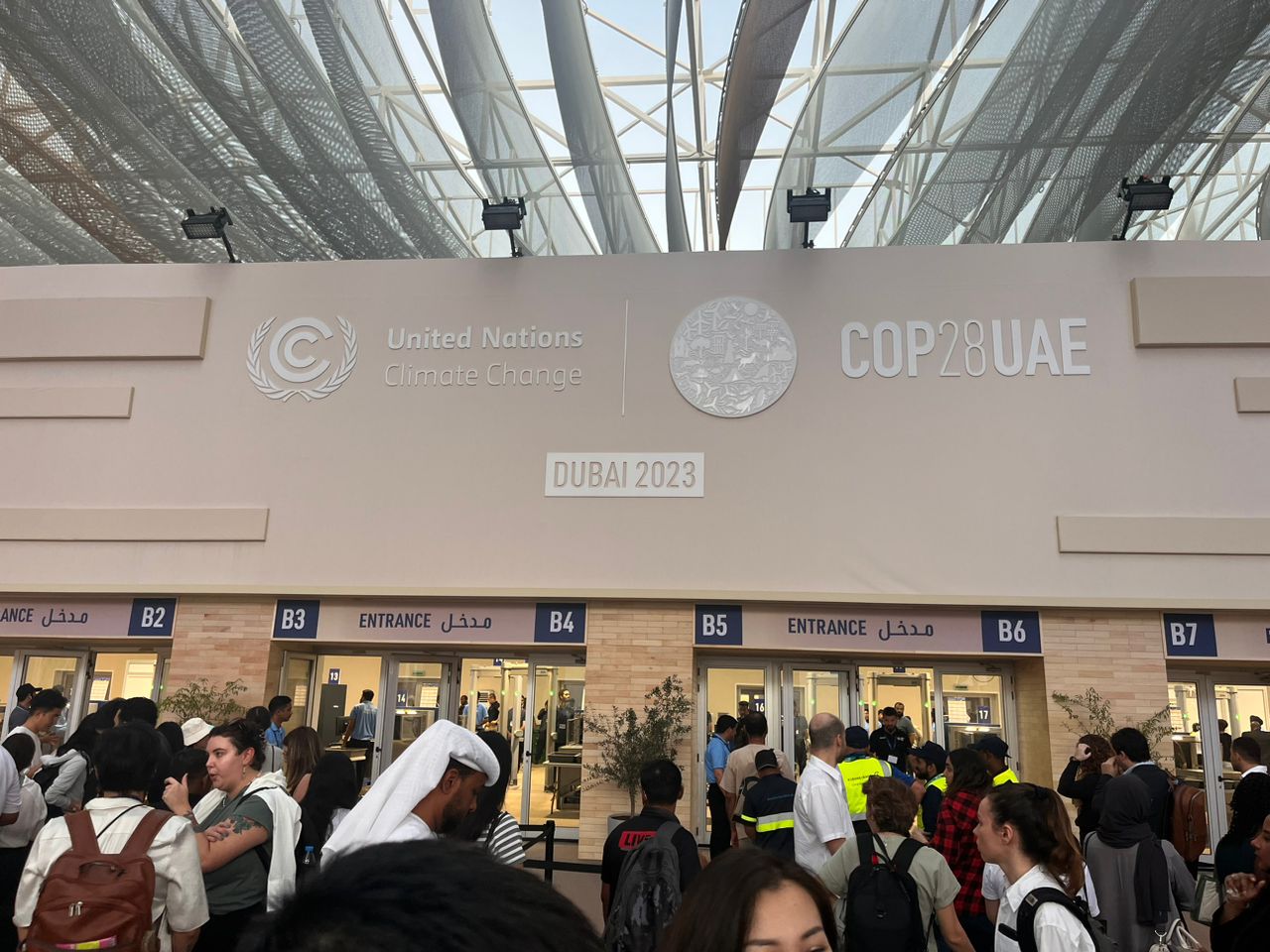Despite directly impacting our communities, health, and livelihoods, climate-related reports usually take a back seat to dominant news beats like politics and business.
Climate Watch aims to ensure you never miss important stories on climate change and actions being taken toward limiting its impact.
Here is a round-up of last week’s climate stories:
- The Nigeria Police Force, on November 20, said it has launched a green initiative to enable it to adopt innovative solutions in its service delivery. Olumuyiwa Adejobi, the police spokesperson, said the initiative is in support of the socio-economic development of Nigeria, environmental sustainability and the global goal to address climate change. Adejobi said it would encourage lifestyle change by police officers as well as promote the adoption of solar power. He added that the initiative would promote eco-friendly transportation methods within the police. Read more here.
- A report by the UN Environment Programme (UNEP) said the world is heading for a temperature rise far above the Paris agreement goals. The “Emissions Gap Report 2023“ said the world must cut 2030 emissions by 28 percent to get on a least-cost pathway for the 2°C goal of the Paris agreement and 42 percent for the 1.5°C goal. Antonio Guterres, the UN secretary general, says the report shows that greenhouse gas emissions are “shattering temperature records”. He said the global stock-take at COP28 must set out plans to massively increase ambition and investment in adaptation. Guterres said countries must commit to triple renewables capacity, double energy efficiency and bring clean power to all by 2030. Find out more here.
- Last week, Festus Keyamo, minister of aviation, said the transition to sustainable aviation fuel (SAF) should be a global movement. The minister said it is impracticable for developed nations to transition to SAF without carrying developing countries along. Keyamo said a global finance structure is necessary for the development of the SAF, noting that a transition that is not global would undermine the efforts of developed countries. Read more here.
- The United Nations Children’s Fund (UNICEF), on November 20, said 100 million children are vulnerable to the impacts of climate change in Nigeria. Farah Mahmud, UNICEF chief of field office in Kano, said an action plan has been developed from 2023 to 2027 to address the vulnerability of children and fight climate change. Mahmud said the agency would integrate climate change in all its interventions across sectors and ensure effective implementation of the projects to build resilience. Read more here.
- Waziri Adio, executive director of Agora Policy, on November 22, said the climate change issue does not enjoy the prominence it deserves in Nigeria. Adio said aside from climate change not being ranked high in Nigeria’s policy agenda, “government officials also see it as other people’s problems”. He said climate change is the most existential threat Nigeria is facing at the moment. Read more here.
- Terseer Ugbor, the deputy chairman of the house committee on environment, says the national climate change council (NCCC) should be upgraded to become a commission and not defunded. He added that more funding needs to be secured to support climate adaptation initiatives and ensure successful implementation. Find out more here.
- Abubakar Suleiman, the managing director of Sterling Bank, says powering the bank’s headquarters with solar energy was a bet “that is commercially viable”. Suleiman said the singular action of powering the bank’s head office with solar has brought about partnerships with corporate bodies interested in energy transition. He said the decision was also a demonstration of the bank’s intent as far as renewable energy is concerned. Read more here.
- Jennifer Uchendu, a Nigerian environmentalist, has been listed among the “BBC 100 Women 2023”. The list also highlighted 28 women who have been working to help their communities tackle the impacts of climate change. Uchendu is the founder of SustyVibes, a youth-led organisation, that focuses on making sustainability actionable, relatable and cool. Uchendu’s recent work has focused on exploring the impacts of the climate crisis on the mental health of Africans, especially young people. Read more here.
Advertisement
